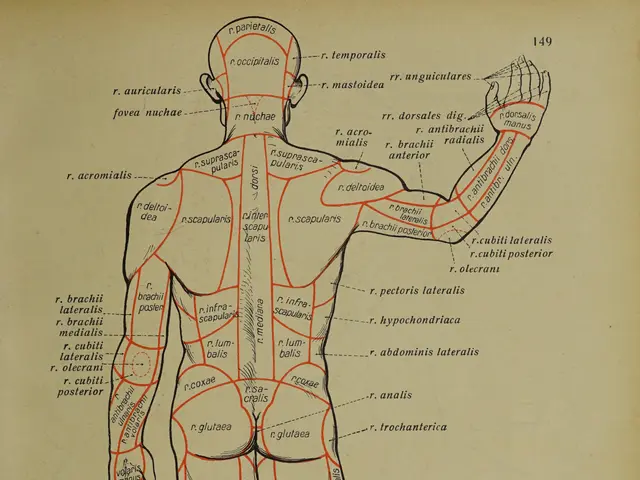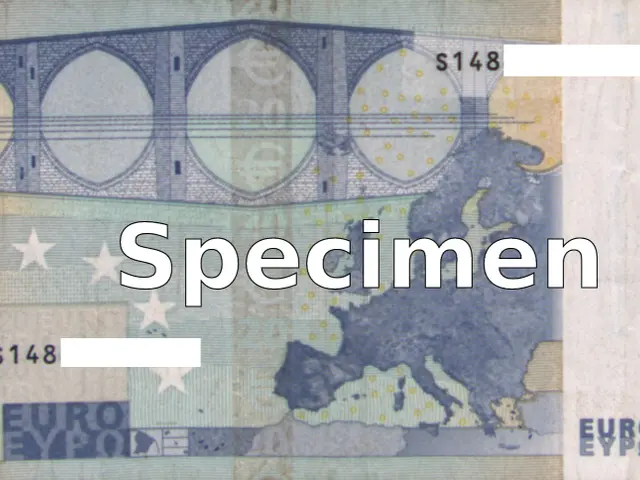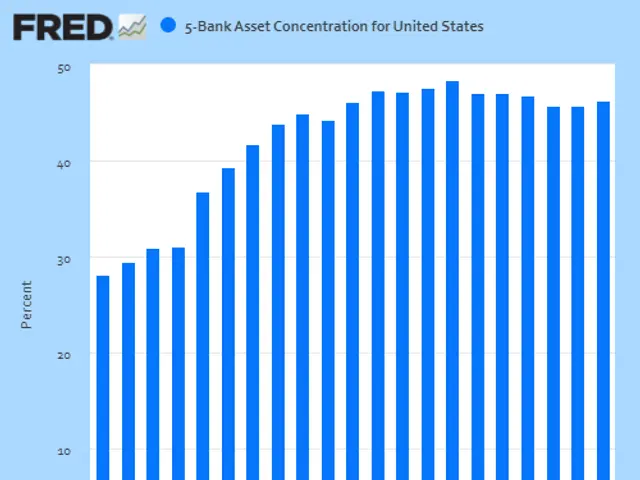Recommendation issued for a safeguard plan, aiming to secure laborers from potential hazards caused by technology-based devices.
In a recent survey conducted by YouGov, it was revealed that the planned ban on new cars with internal combustion engines in Germany from 2035 is met with broad rejection by Germans. The survey, involving a total of 2,057 eligible voters, found that 60% of respondents believe that climate protection will make life in Germany more expensive in the long run. This sentiment was echoed by 44 percent of respondents who demanded that the German government oppose the ban on new diesel and gasoline cars. On the other hand, only 17% of respondents believe that climate protection will make life cheaper in the long run. Meanwhile, 13% of respondents expect no impact on living costs due to climate protection. The aim of the ban is to reduce CO2 emissions in the transport sector. However, the survey results suggest that only 29% of Germans are satisfied with the current level of commitment to climate protection. This dissatisfaction is further highlighted by the fact that only 24 percent expect the German government to support the regulation as it stands in 2035. The goal set at the Paris climate conference in 2015 was to limit global warming to 1.5 degrees, or at least well below 2 degrees. Last year, the Earth's temperature was 1.6 degrees above the pre-industrial temperature, according to EU figures. Despite this, the planned ban found majority support only among supporters of the Greens and the Left, with the strongest resistance coming from AfD voters. The German lifting of the ban on new combustion engine cars after 2035 is demanded by the FDP (Free Democratic Party) and some industry representatives. In Germany, representatives from the Union parties and the economy are putting pressure on the EU to rescind the decision. Lower Saxony's SPD Minister President Olaf Lies (SPD) has also called for a reversal of the ban on internal combustion engines from 2035. Interestingly, 19 percent of respondents want the German government to advocate for a delay in the ban. Meanwhile, 36% of respondents want the government to do more for climate protection. Scientists consider the goal of limiting global warming to 1.5 degrees increasingly unrealistic. Despite this, the survey indicates a clear need for more action and transparency from the German government regarding their climate protection policies and the impact they will have on the lives of ordinary Germans.
Read also:
- Trump administration faces lawsuit by Denmark's Ørsted over halted wind farm project
- Unchecked Management of HP Dams Leads to Environmental Disaster: RTI Reveals
- Rapid advancements in automotive policies worldwide fuel transition towards electric vehicles
- CDU Hamm: Aim, Chosen Candidate, and Local Election Agenda








